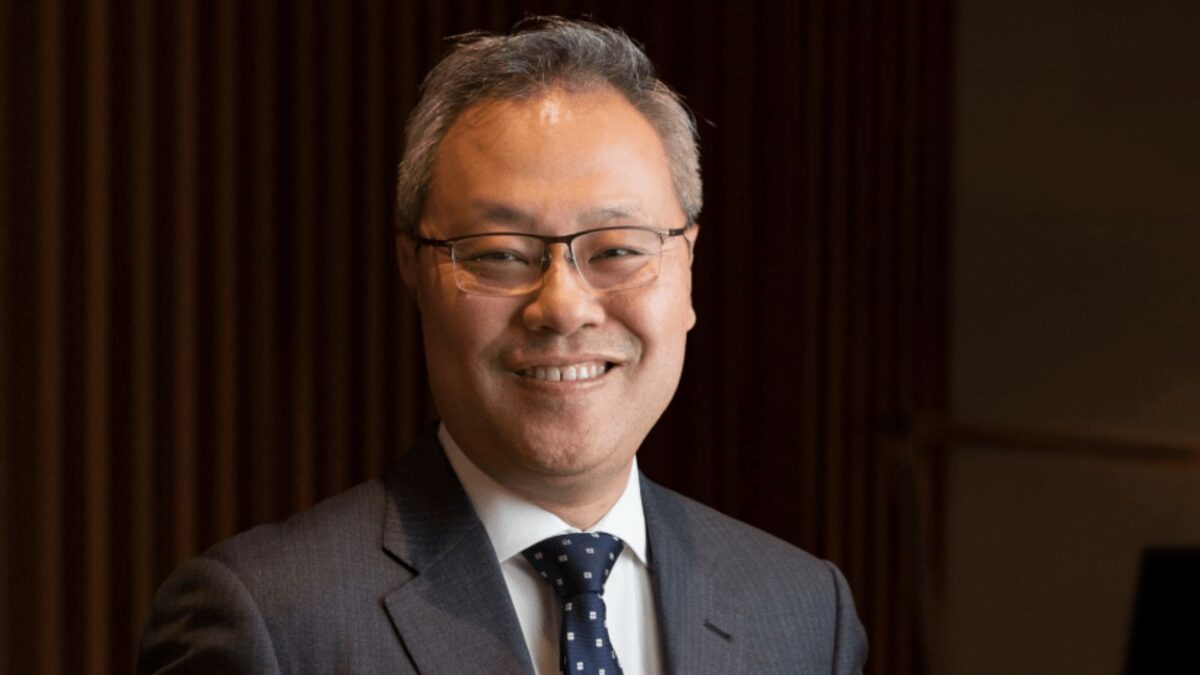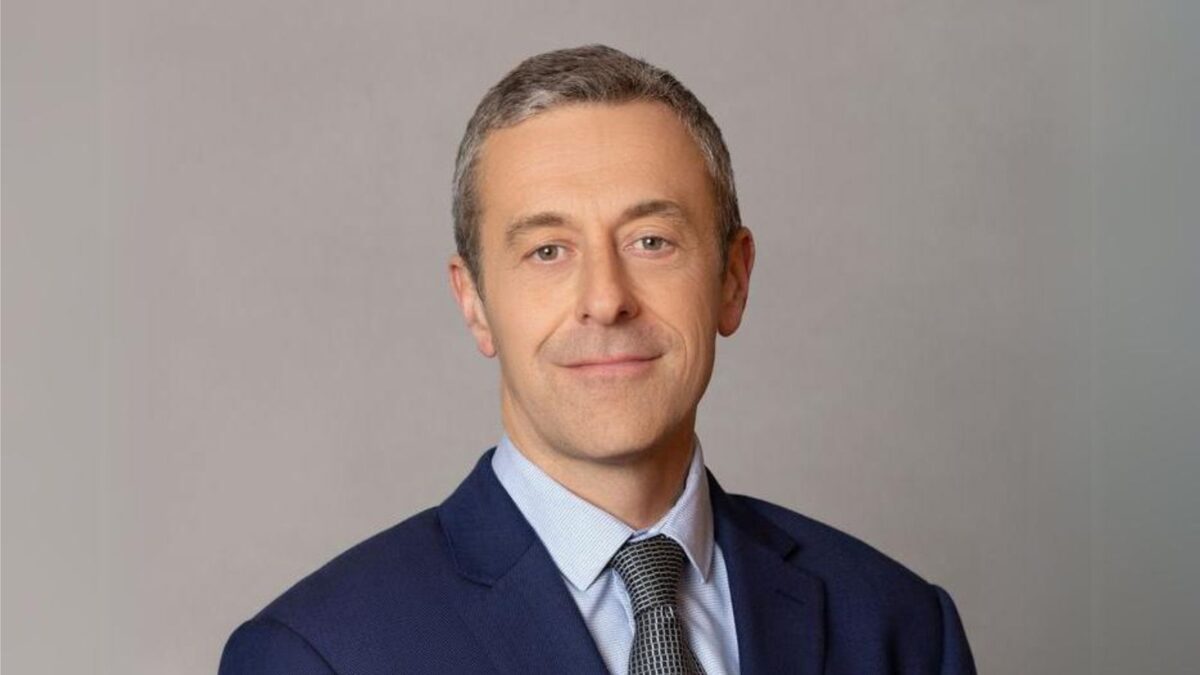At last: an academic profile of what motivates SMSFs
(Pictured: Susan Thorp)
The average SMSF member is likely to be less “highly numerate” than the average member of a big super fund, but more financially numerate and more knowledgeable of the rules surrounding super. The SMSF trustee is also likely to be more trusting of financial services professionals, perhaps to the point of naivety.
These are some of the preliminary findings of a study conducted by Susan Thorp, professor of finance and superannuation at the University of Technology, Sydney, which were presented at last week’s Paul Woolley Centre conference, in conjunction with the university.
The study, which is yet to be completed, involves a statistical sample of more than 1,000 fund members, split almost evenly between SMSFs and APRA-regulated super funds. Thorp said the findings were broadly in line with two other regular surveys of the SMSF market – by Investment Trends and one by Russell Investments and SPAA, the SMSF suppliers’ body.
However, there were a few nuances to emerge from the academic study, the first of its kind in Australia. One was that highly numerate people are slightly more likely to be a member of a big fund and another is the trusting nature of SMSF members, who tend to be, mostly, also trustees of their fund. The study also calls into question whether a stated desire by SMSF members to be “hands on” with their super actually plays out in practice.
Thorp, who recently accepted a chair at the University of Sydney, said the SMSF members had a positive view of financial professionals, whereas non-SMSF members regarded financial professionals “with considerable distrust”. She said the SMSF member tended to be more risk tolerant, slightly better educated (notwithstanding being less likely to be highly numerate) and less distrusting of financial professionals, showing “perhaps some naivety”.
She said that the common aim to be more hands-on with the management of the investments was limited in its actual expression. About one-third of the SMSF members got investment advice, one-third got administration advice and one-third monitoring advice. However, 40 per cent reported that they spent less than one hour a week monitoring and administering their investments. Another 40 per cent reported they spent less than one day a month on monitoring and administration.
“So what appears to be a common motivation doesn’t seem to be playing out in practice,” she said.
Another surprise was that, in terms of the investments favoured by SMSF members, property was less important than you might think, she said.
The top motivators for setting up an SMSF in order of importance, according to the study, were: to choose the investments myself; minimize tax; have a variety of assets; manage the fund myself; purchase property; transition to retirement; choose individual equities, choose high-income investments; obtain lower fees.
Thorp was quizzed at the conference, which included many academics as well as practitioners, on the academic rigour behind the study. She said she used a panel provider for the participants and was comfortable that the sample and methodology were robust.










